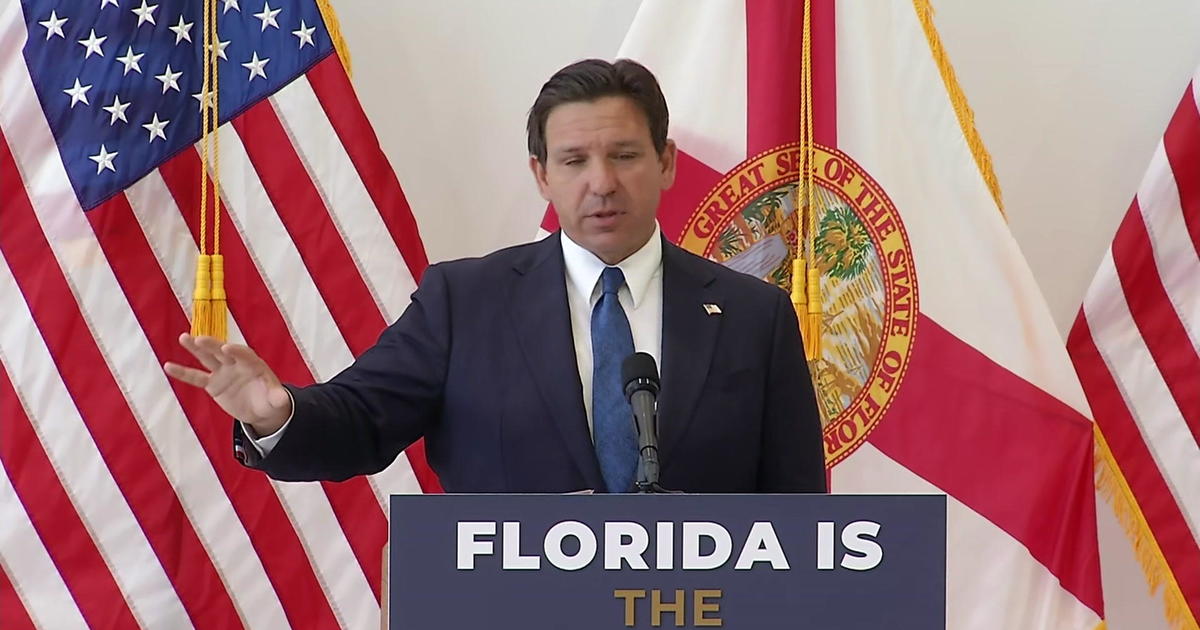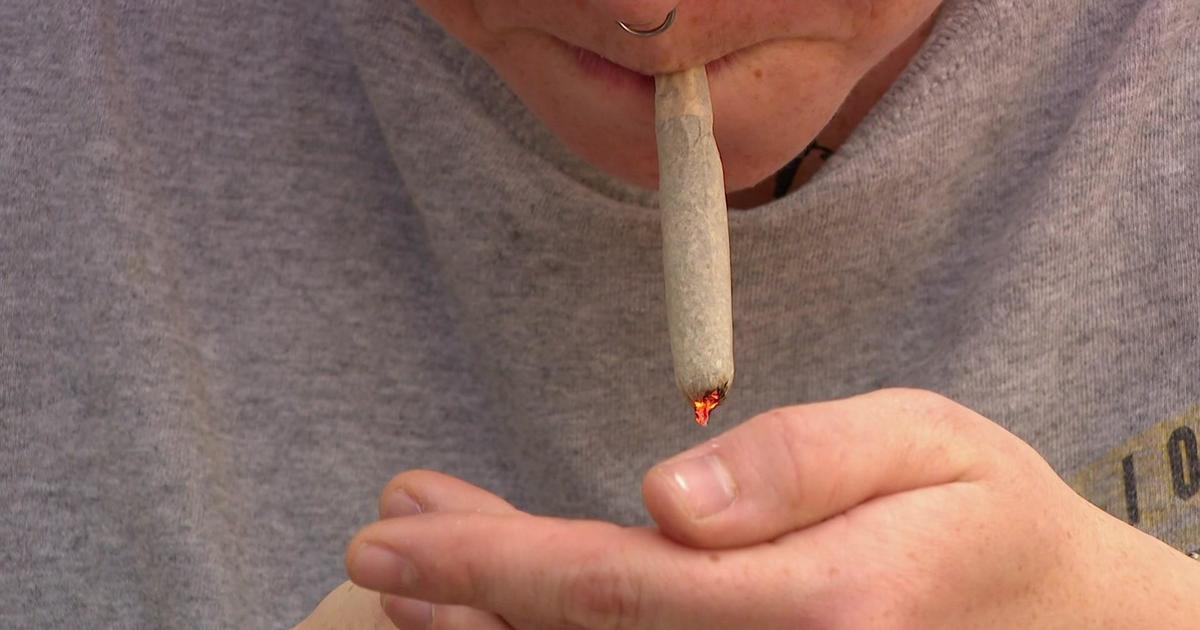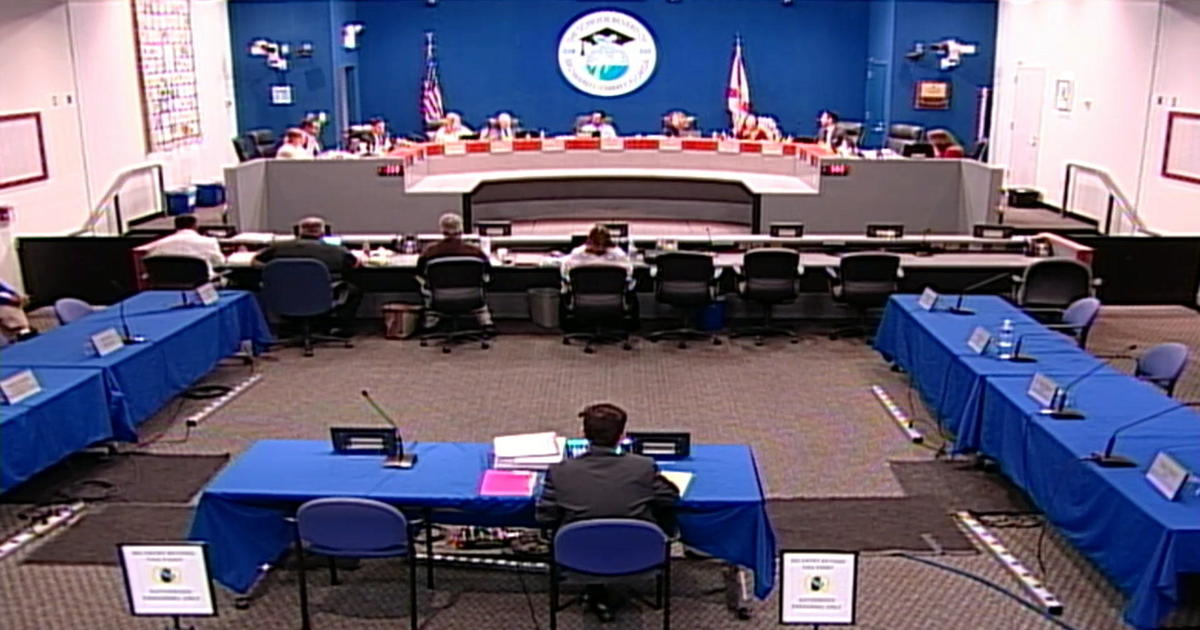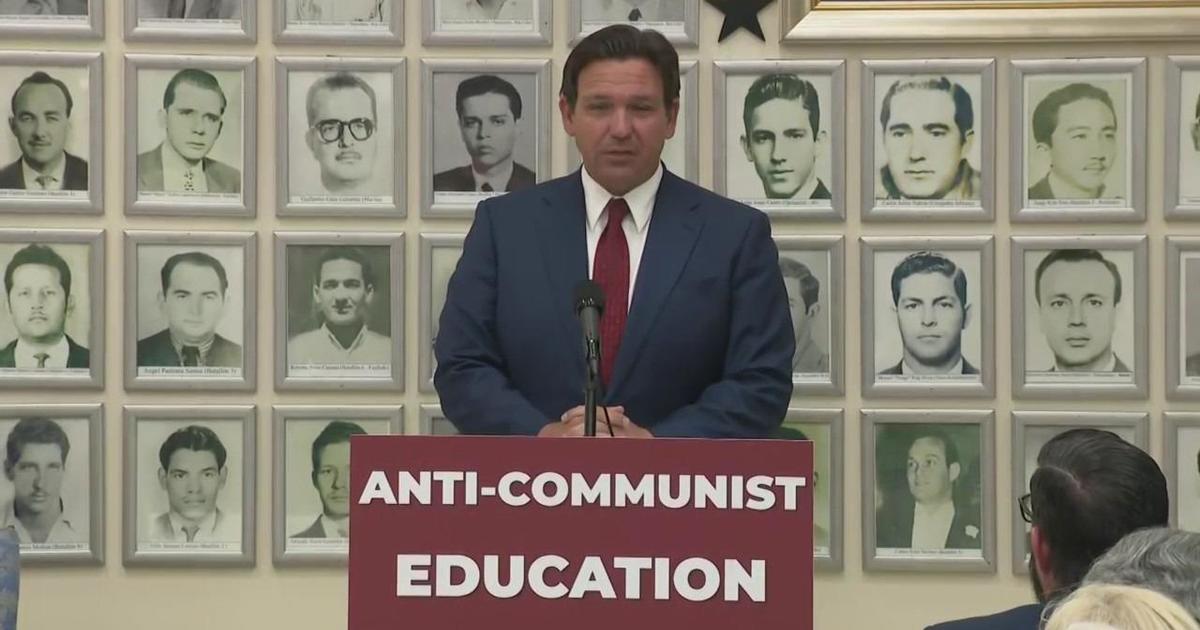School Voucher Expansion Ready For Vote In Florida Senate
TALLAHASSEE (CBSMiami/NSF) -- A sweeping proposal to combine Florida's five major school-voucher programs into two and establish them as taxpayer-backed "education savings accounts" is now teed up for consideration by the full Senate.
Under the measure, existing voucher programs would be folded into two main scholarships, with one serving students with special needs and the other directed at the broader population of students. Both programs would involve the use of education savings accounts, giving parents flexible spending power with 97.5 percent of the current state per-student funding level, or roughly $7,600.
The Senate Appropriations Committee advanced the proposal, sponsored by Hialeah Republican Sen. Manny Diaz, on Thursday.
"This consolidation provides clarity and a streamlined process for parents to access this particular segment of our school system statewide. And it really boils down to the belief, do we trust our parents in the state of Florida, to make the right decisions for their students. And do we believe in providing them the flexibility and freedom to address that," Diaz said told the panel Thursday,
In a significant expansion of eligibility, Diaz's plan (SB 48) would allow students who have never been enrolled in public schools to participate in the program. The expansion would include students who attend private school or are homeschooled.
A slew of failed amendments sponsored by Democratic senators sought to change such provisions as the income level families would have to meet to be eligible for the vouchers. Under Diaz's plan, families earning up to 300 percent of the federal poverty level, or nearly $80,000 per year for a family of four, would qualify.
"This should be in some way needs based, and really for the truly needy and the income-challenged folks," said Senate Minority Leader Gary Farmer, D-Lighthouse Point. "I don't think we should be increasing eligibility, certainly at this level."
Diaz told the panel that the income eligibility requirements are already in state law under the current Family Empowerment Scholarship program, adding that he thinks families at that income level should be eligible.
"I would argue that a family of four under that number is not a wealthy family by any stretch of the imagination and also should have access to these programs," he said.
The Senate proposal was met with fierce opposition from public education advocates, who also have advocated against previous school-voucher legislation in Florida.
"I continue to be dismayed by the mischaracterization of this bill as it's moved through these Senate committees. This is not simply a consolidation of voucher programs and a streamlining of the application process. This bill is a radical transformation of our voucher programs," said Sue Woltanski, an Monroe County school board member. "There's no academic standards, there's no required courseworks, there's no graduation requirements."
Diaz has maintained that his bill would not change accountability standards used by participating private schools.
The proposal also changes how contributions are made to organizations that fund scholarships.
Under the state's current Tax Credit Scholarship program, businesses receive tax credits for contributing money to nonprofit organizations that, in turn, provide scholarships to students to attend private schools.
The bill would create a new state trust fund to serve as a depository for donations from corporations and individuals who would receive tax breaks. Diaz's plan provides a one-time appropriation of nearly $265,000 to the Department of Revenue to "implement the remittance of payment" from the trust fund to scholarship-funding organizations.
Education Commissioner Richard Corcoran would be given authority to suspend or revoke a recipient's school-voucher, or a private school's participation in the program, if certain rule violations under Diaz's plan are found.
Senate Democrats remained opposed to the proposal, but were overridden by Republicans in Thursday's 11-8 party-line committee vote.
"I don't bemoan parents choosing how they want to educate their kids. What I do bemoan is what I've heard that says these programs, and I'm not including Gardiner and McKay, improve our education system," said Sen. Audrey Gibson, D-Jacksonville.
Diaz attributed thee Democrats' objections to a "philosophical disagreement," but said all senators on the panel have the same goal.
"I believe that every member of the committee and of the Senate has the same intent, and that is that we want to improve our educational system and provide quality education for our students in Florida," he said.
(©2021 CBS Local Media. All rights reserved. This material may not be published, broadcast, rewritten, or redistributed. The News Service of Florida's Ryan Dailey contributed to this report.)



